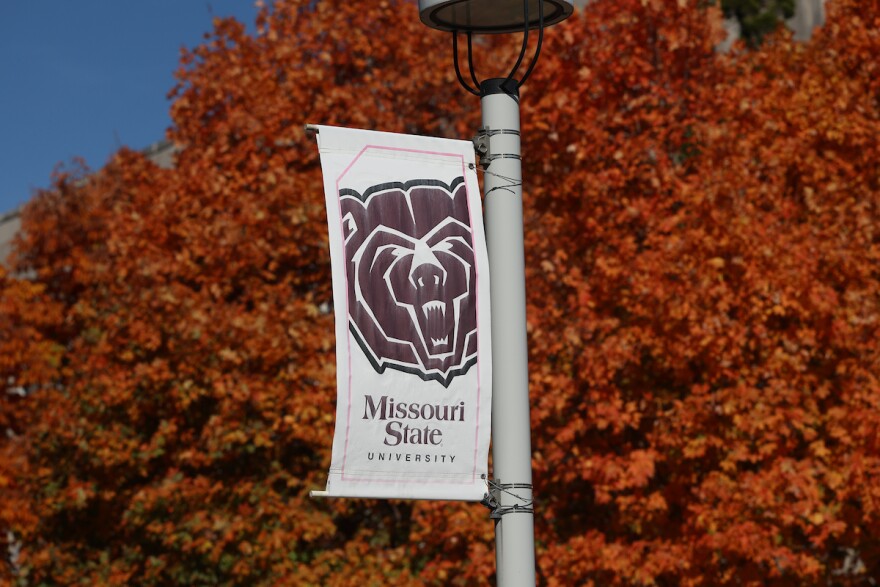Missouri State University President Dr. Biff Williams sent an email to students, faculty and staff late Thursday afternoon stating that several Black students have reported receiving racist text messages from unknown numbers. That’s similar to what is being reported by universities across the country following Tuesday’s presidential election.
NPR reports that both Black high school and college students have reported receiving the racist messages.
Missouri State officials also said that racist graffiti was found in a bathroom on campus Thursday afternoon.
The university is not granting interview requests at this time, but in a statement provided by University Communications, Williams said, “as a university, we condemn these actions and are investigating them to determine who is responsible. Those identified will face disciplinary action.”
The email sent late Thursday afternoon encouraged any student, faculty or staff member who has received a racist message to report it to the Dean of Student’s Office, the Bias Response Team or the Springfield Police Department.
It also encouraged anyone who hears of or sees anything threatening to report it to university safety by calling 417-836-5509.
The email also shared information about resources, including Safe Walk, which is available to escort members of campus if needed; the MSU Counseling Center, which is available to support students; and Magers for faculty and staff.
Williams ended the email by stating that, “Missouri State University is steadfast in providing an inclusive learning environment for our students. We will continue to hold classes and activities and will support our students, faculty and staff as needed. This is our university, and we will continue to move forward together.”
Students at the University of Missouri also received similar messages. The university released a statement Thursday and said it is investigating the texts and working to identify the source.
MU spokesperson Christopher Ave said the university sees no indication of a credible threat to MU students or faculty.
“The University of Missouri condemns this language and all forms of racism and discrimination and is committed to the safety of the university community,” Ave said.
The Legion of Black Collegians confirmed that members of its student body received some of the nationwide text messages. The LBC said it is reporting the incidents to the MU Office of Institutional Equity.
The LBC released a statement Oct. 13 that said three Black MU students, including LBC Executive Secretary Kaelyn Washam, were called slurs while walking through campus. The statement asked students to send tips on any other racist incidents on campus to @mizzoulbc on Instagram or thelegion1968@gmail.com.
Ave said that students who have received racist or otherwise threatening text messages should report them to the Office of Institutional Equity at equity@missouri.edu.
Additional reporting by Katie Grawitch of The Columbia Missourian.
Copyright 2024 KSMU


